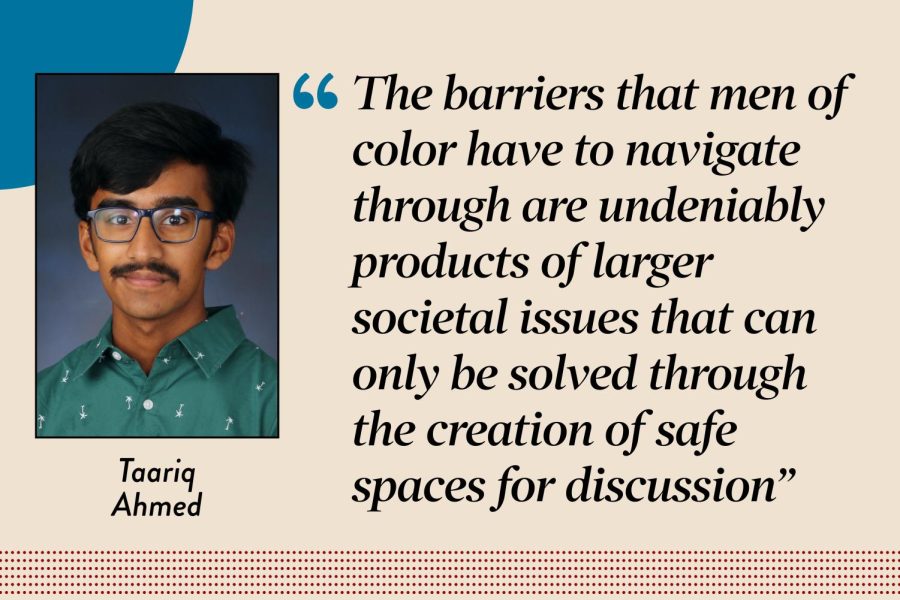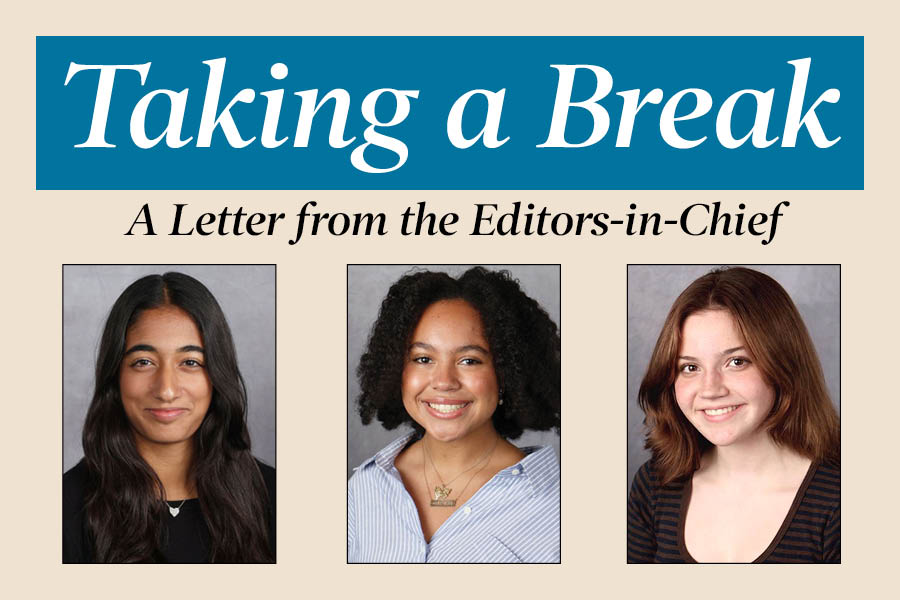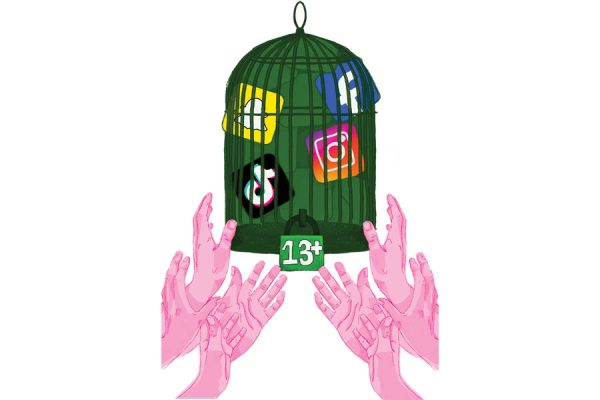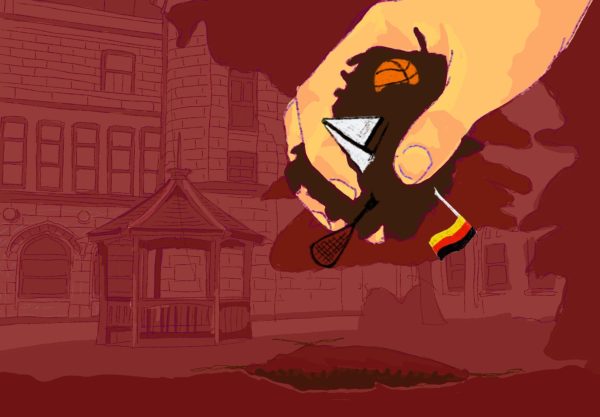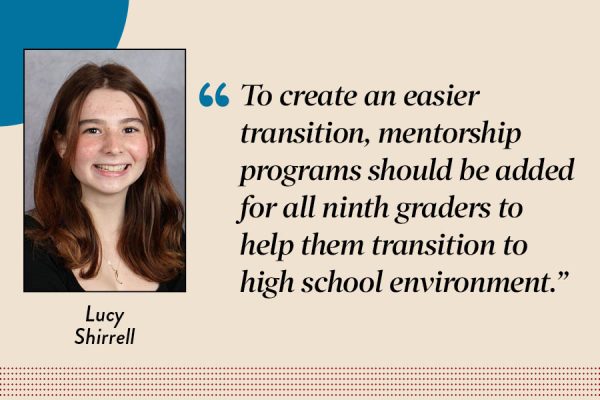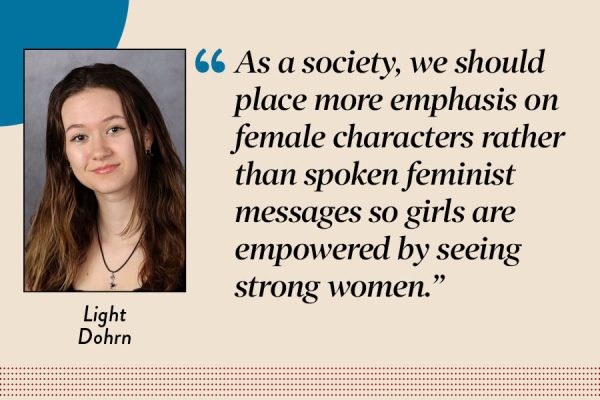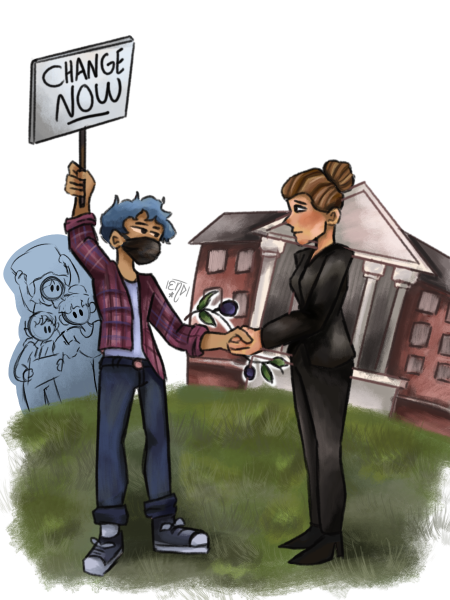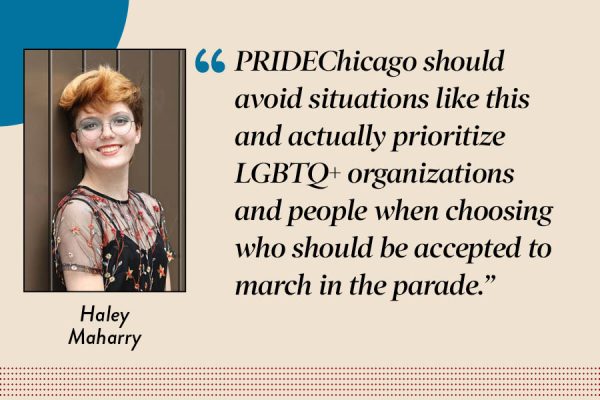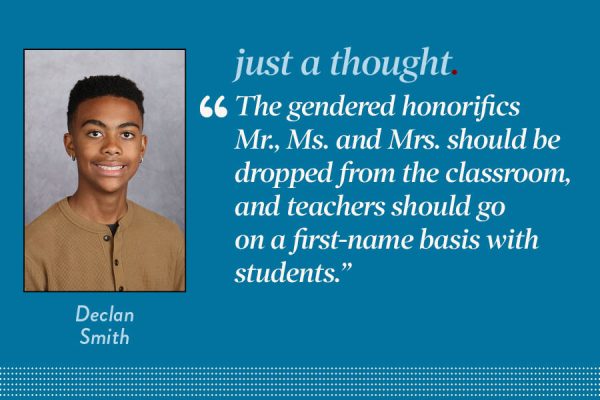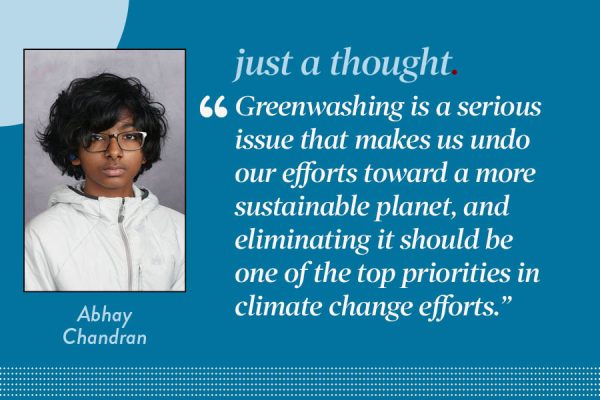Men of color face intricate mental health barriers
Midway Staff
Reporter Taariq Ahmed argues it’s not difficult to see how men of color often find themselves at the crossroads of the social and emotional boundaries that both people of color and men face.
April 20, 2023
Growing up, I was always more outspoken about my emotions than other boys at school and more expressive than other South Asian Americans in my community. That’s why I love writing as an outlet so much. However, sharing my feelings openly among groups of young men or kids of color is a constant struggle of mine. It feels like we talk about everything besides how we truly feel inside, out of a fear of being told to “be a man” or being called “soft” and “sensitive.”
With these stigmas in place, it’s not difficult to see how men of color often find themselves at the crossroads of the social and emotional boundaries that both people of color and men face, which in turn restricts them from accessing mental health treatment and other resources.
The issue of mental health for both men and people of color is serious. The number of men suffering from depression annually is over 6 million, yet less than half seek treatment for mental health issues. And more than 15% of people within both the Black and Latino communities, respectively, face a mental illness, while beyond 45% of Asian Americans report discrimination-induced stress.
For men, traditional ideas about gender roles create a lack of specific emotional intelligence and skill sets, and for younger boys, these notions are only enhanced by the internet “manosphere” pipeline. I’ve spent plenty of time surrounded by guys who aren’t conscious of the harm their words inflict upon others, or even myself at times, leaving no room for vulnerable conversations about hurt feelings.
The environment where I was brought up also conditioned me to internalize my experiences with prejudice. Racism is stressful, depressing and traumatic, but until I arrived at U-High, where there are programs like Young Men of Color and Being Racially Aware and Valuing Ethnicity, I lived with an absence of healthy spaces for people like me to express oneself.
The barriers that men of color have to navigate through are undeniably products of larger societal issues that can only be solved through the creation of safe spaces for discussion as well as the spreading of awareness. The mental health crisis wreaking havoc across the country is affecting so many more groups and individuals beyond men of color. Whether it be peer and community support or wider advocacy and representation, we all have to take part in fighting the stigma around mental health. We can start by telling our individual stories. Because if one person feels heard, then they’ll be inclined to voice their own experience. And so the love spreads, and along comes the change.



